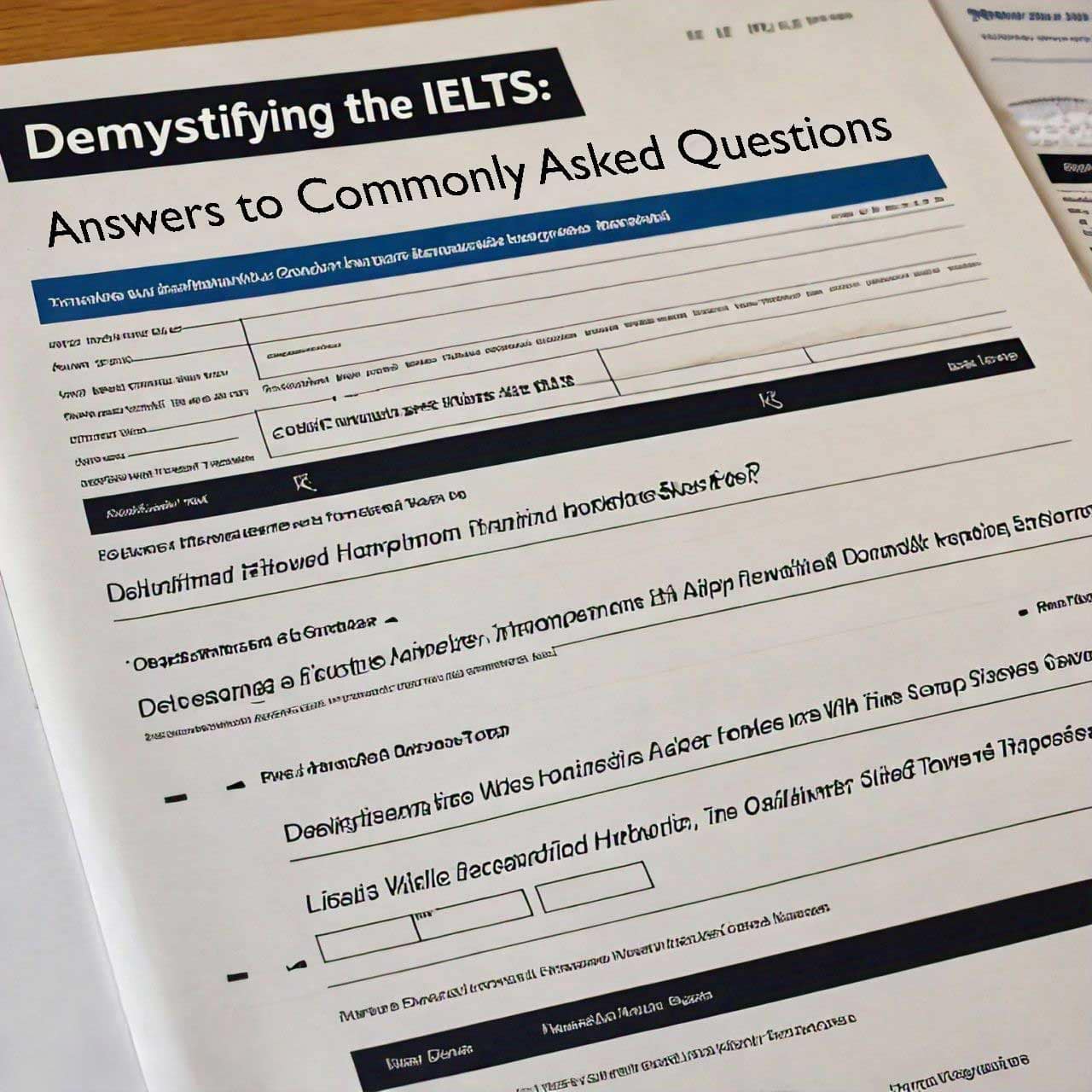Thinking about taking the IELTS? You probably have questions. Let’s walk through everything you need to know about this important English language test.
Table of Contents
The Basics
What exactly is IELTS?
IELTS (International English Language Testing System) is the world’s leading English language test. It assesses your ability to:
- Listen to and understand spoken English
- Read and comprehend written English
- Write clear, well-structured English
- Speak English in a face-to-face conversation
Who needs to take IELTS?
You might need IELTS if you’re planning to:
- Study at an English-speaking university
- Work in an English-speaking country
- Immigrate to a country where English is the primary language
- Prove your English skills for professional registration
The test is accepted in over 140 countries, including the UK, Australia, Canada, and New Zealand.
Test Format and Structure
How is the test organized?
IELTS consists of four sections:
Listening (30 minutes)
- 4 recorded sections
- 40 questions total
- Various conversation types and accents
- Answer as you listen
Reading (60 minutes)
- 3 passages of increasing difficulty
- 40 questions total
- Academic or General Training texts
- Tests comprehension and analysis skills
Writing (60 minutes)
- 2 writing tasks
- Task 1: Describe visual information or write a letter
- Task 2: Essay writing
- Different requirements for Academic and General Training
Speaking (11-14 minutes)
- Face-to-face interview
- Three parts: Introduction, Individual Long Turn, and Discussion
- Tests pronunciation, fluency, and communication skills
Scoring and Results
How does IELTS scoring work?
IELTS uses a 9-band scoring system:
- Band 9: Expert User
- Band 8: Very Good User
- Band 7: Good User
- Band 6: Competent User
- Band 5: Modest User
- Band 4: Limited User
- Bands 1-3: Basic/Extremely Limited User
You’ll receive:
- Individual scores for each section
- An overall band score (average of all sections)
- Scores rounded to the nearest 0.5 band
How long are IELTS scores valid?
- Official validity: 2 years from test date
- Some institutions may accept older scores (check their specific requirements)
- After 2 years, retaking might be necessary
Preparation and Testing
How can I prepare effectively?
Start with these essential steps:
Understand the format:
- Take practice tests
- Review sample questions
- Learn time management strategies
Improve your skills:
- Practice all four language skills daily
- Use official IELTS materials
- Consider preparation courses
Get professional help:
- Work with IELTS tutors
- Join preparation classes
- Use online resources
Where can I take the test?
Finding a test center is straightforward:
- Visit the official IELTS website
- Search for authorized test centers near you
- Book online or in person
- Choose from available test dates
Pro Tips for Success
Before the Test
- Start preparation early (3-6 months recommended)
- Take full-length practice tests
- Time yourself during practice
- Get familiar with instructions
Test Day Tips
- Arrive early
- Bring required identification
- Stay calm and focused
- Read instructions carefully
- Manage your time wisely
Next Steps
Ready to start your IELTS journey? Here’s what to do:
- Determine which version you need (Academic or General Training)
- Check score requirements for your goals
- Choose a test date that gives you enough preparation time
- Register for the test
- Start preparing systematically
Remember: IELTS success comes from understanding the test format, regular practice, and smart preparation strategies. With the right approach, you can achieve your target score and move forward with your international education or career plans.

